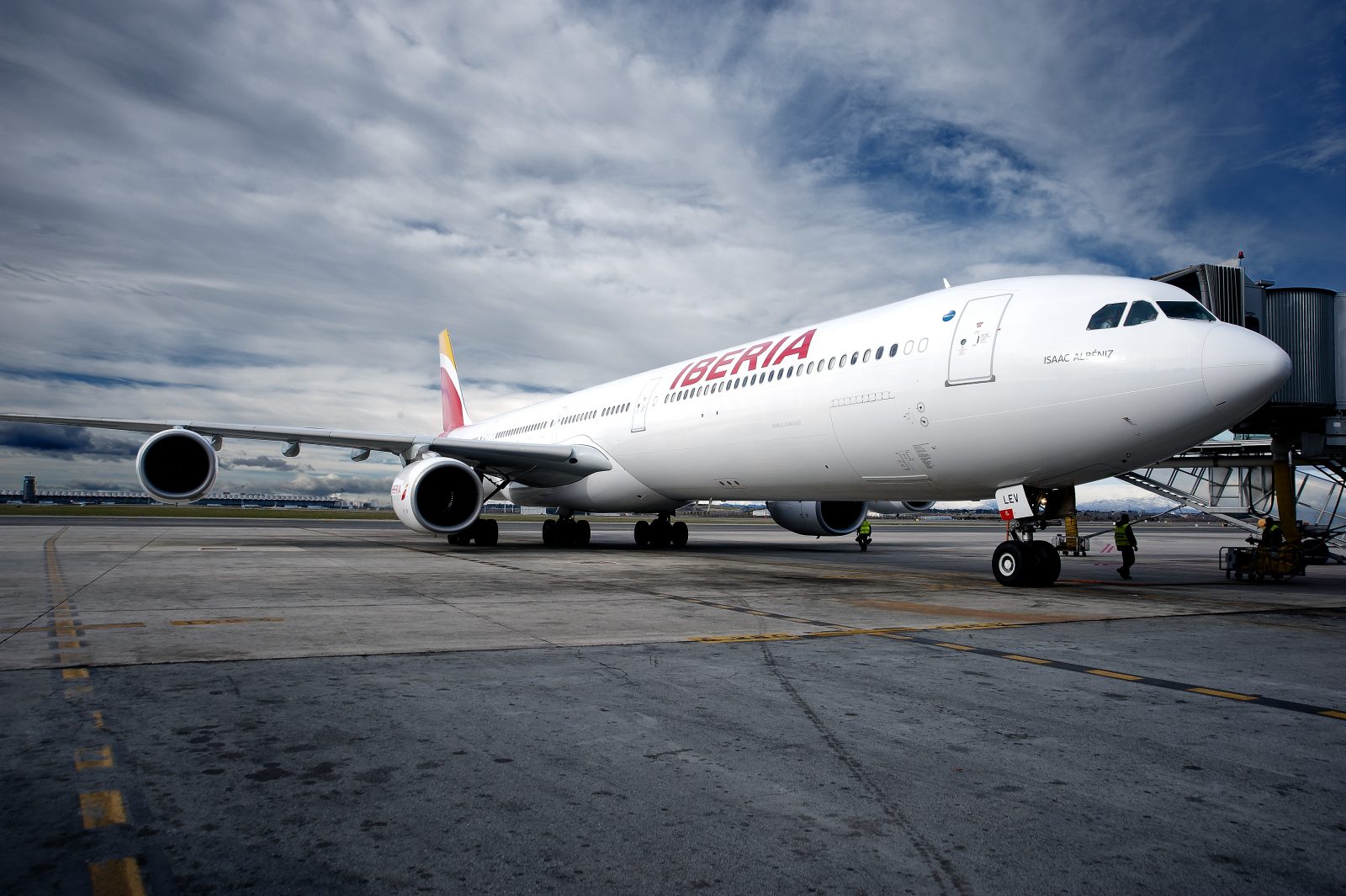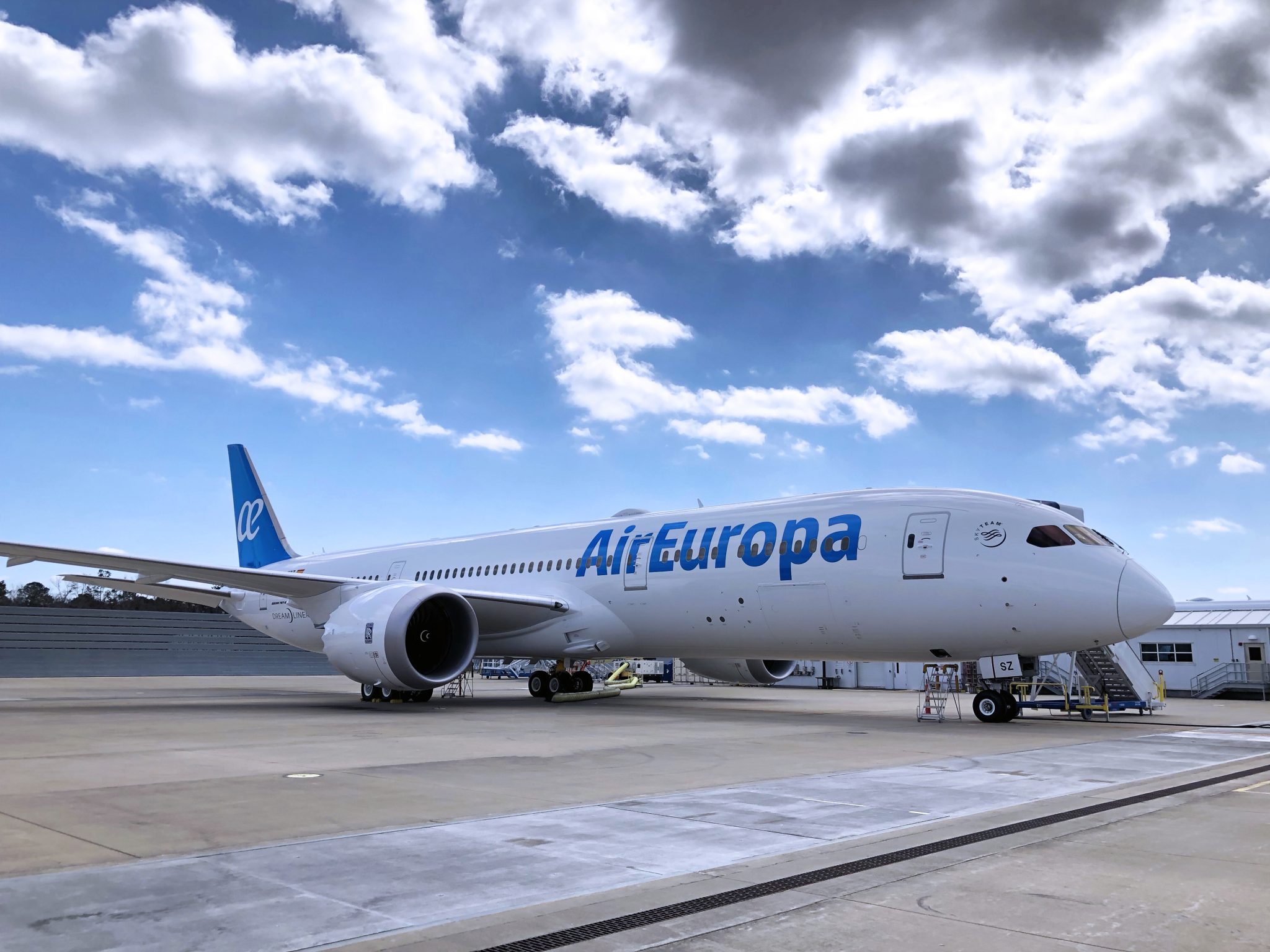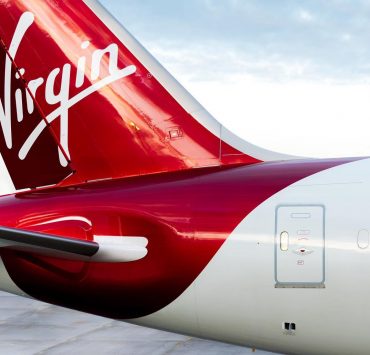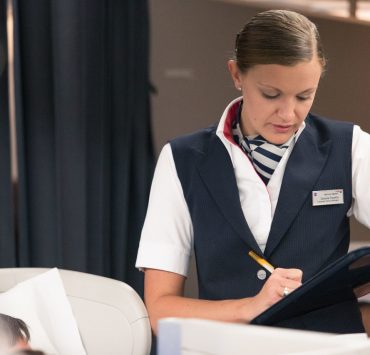
On Wednesday, the Trump administration banned all commercial and cargo flights between the United States and Venezuela citing conditions that “threaten the safety and security of passengers, aircraft, and crew travelling to or from” the country.
The decision comes two months after American Airlines took the voluntary decision to pull the plug on services to Venezuela after the State Department issued a ‘Do Not Travel’ advisory that warned American citizens were at risk of violence and arbitrary detention.
Acting Secretary of Homeland Security, Kevin McAleenan said he based his decision on a “number of factors” that included:
- Reports of civil unrest and violence in and around the airports
- The inability of TSA to gain access to Venezuelan airports to conduct security assessments
- The current economic and political crisis in Venezuela
- The cancellation of flights to the country by American Airlines
- The State Department’s publication of Do Not Travel advisories
Venezuela is in the midst of a humanitarian and economic crisis that has seen the country wreaked by hyperinflation and severe shortages of basic commodities including food and medicine. The incumbent President of the South American country, Nicolás Maduro has refused to cede control to opposition leader Juan Guaidó who is widely seen by the international community as the rightful head of government.
The situation was said to be reaching “boiling point” at the end of April when Guaidó and his supporters called for a military coup. There have been violent protests throughout Venezuela and hundreds of people are said to have been killed in the violence. In some particularly upsetting scenes, a military truck was filmed running over anti-Maduro protestors in the country’s capital Caracas.

No such ban from Spain
Yet despite the undeniably dangerous security situation, Spanish airlines including flag-carrier Iberia and Air Europa continue to serve Caracas. Although both airlines suspended operations for a short period at the start of May when Venezuela seemed to be almost on the brink of civil war, both airlines have restarted operations.
Both Iberia and Air Europa are flying to Caracas three-times weekly. Fellow Spanish airline Plus Ultra is currently flying to Venezuela twice a week but plans to increase that number to three by mid-June.
In an attempt to reduce some of the risks of flying to Caracas both Iberia and Air Europa plan a stopover in the Dominican Republic for a crew change before continuing on to Venezuela. The planes then remain on the ground for a matter of only a couple of hours before flying straight back to Spain.
Air Europa only decided to add a crew change and stop laying over crew in Caracas after a bus carrying crew from the airport to their hotel was ambushed and shot at by armed robbers.
The situation in Venezuela seems to have reached an impasse with both sides now planning negotiations in Norway. Until the security situation improves, there are concerns that the U.S. flight ban could actually make matters worse because it will make vital cargo like medicine harder to get into the country.
Mateusz Maszczynski honed his skills as an international flight attendant at the most prominent airline in the Middle East and has been flying throughout the COVID-19 pandemic for a well-known European airline. Matt is passionate about the aviation industry and has become an expert in passenger experience and human-centric stories. Always keeping an ear close to the ground, Matt's industry insights, analysis and news coverage is frequently relied upon by some of the biggest names in journalism.









